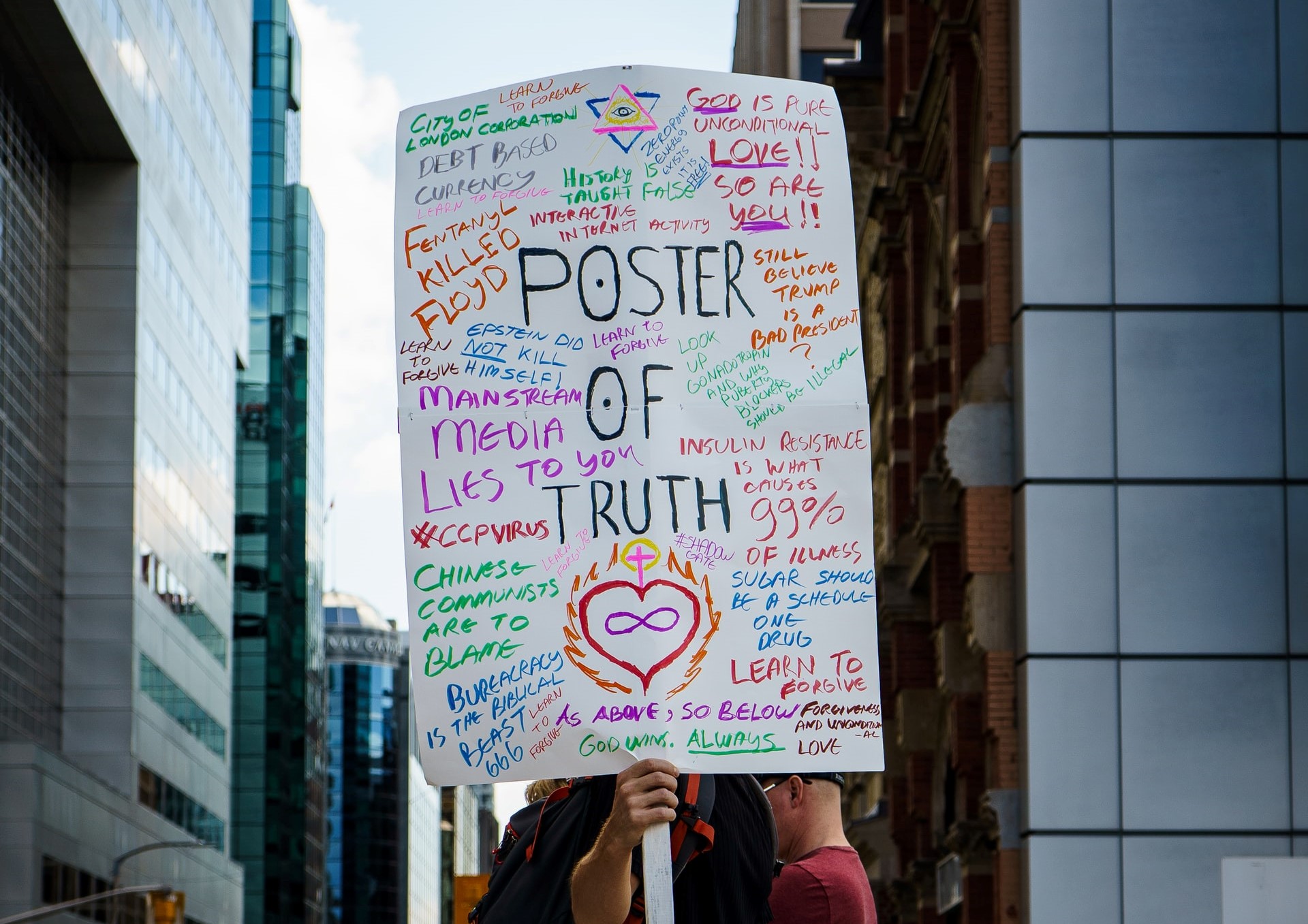As the Covid-19 global epidemic persists, misinformation continues to circulate widely. How successful are the journalists and public health officials attempting to counteract the false and misleading claims?
According to a new study co-authored by Dr Joseph Phillips, Research Associate in Political Psychology at the school, fact checks can successfully reduce misperceptions about Covid-19 immediately after people read them but do not have lasting effects over time.
As the Covid-19 global epidemic persists, misinformation continues to circulate widely. With journalists and public health officials continuing to struggle to debunk false and misleading claims, researchers investigated how successful their efforts are.
The research published by Nature Human Behaviour suggests that effectively addressing misbeliefs about Covid-19 will require repeatedly debunking false claims about the virus, otherwise people will tend to revert back toward the level of belief that they had before.
During the study, respondents from the United States, Great Britain and Canada were asked to rate the perceived accuracy of four claims on Covid-19 that have been debunked by scientific and public health authorities: that the Chinese government created the coronavirus as a bioweapon; that a group funded by Bill Gates patented the coronavirus; that antibiotics are effective in preventing and treating Covid-19; and that the medication hydroxychloroquine is proven to cure or prevent Covid-19.
The international research team led by Brendan Nyhan, Professor of Government at Dartmouth College in the United States, then compared belief in the claims between respondents who were shown the fact checks and those who weren’t.
Regardless of when the surveys were administered, the results were the same: misperceptions about Covid-19 immediately decreased in all three countries immediately after the fact check was shown to them. However, these effects did not persist over time in follow-up surveys conducted in the United States and Great Britain.
Dr Phillips said: ‘This is the first study of its kind to estimate the effects of fact checks on Covid-19 misperceptions over time and across countries. While Covid-19 fact checks can be effective, frequent exposure is necessary for addressing misinformation in the long run. Our findings could prove useful to public health professionals, Government bodies and the media in the way that they go about debunking misperceptions.’
Professor Nyhan said: ‘The fact checks were most effective among people who are more vulnerable to misperceptions of Covid-19 at baseline, including supporters of conservative leaders, those with high conspiracy predispositions, and those with low trust in health institutions.’
Their research paper titled ‘The ephemeral effects of fact-checks on COVID-19 misperceptions in the United States, Great Britain and Canada’ is published by Nature Human Behaviour. doi: 10.1038/s41562-021-01278-3






